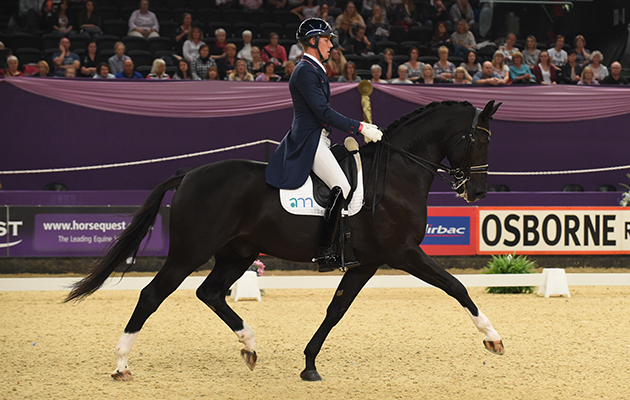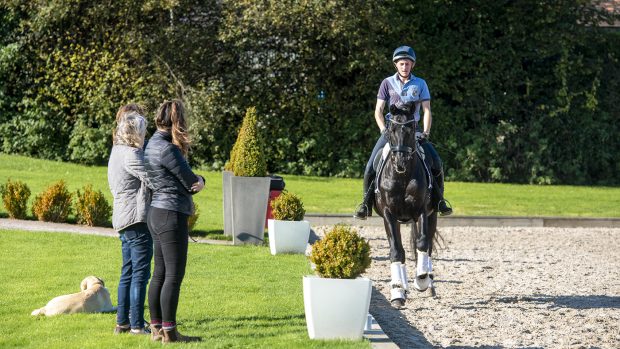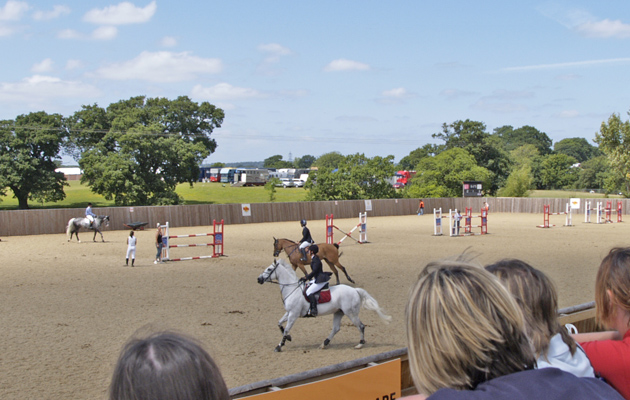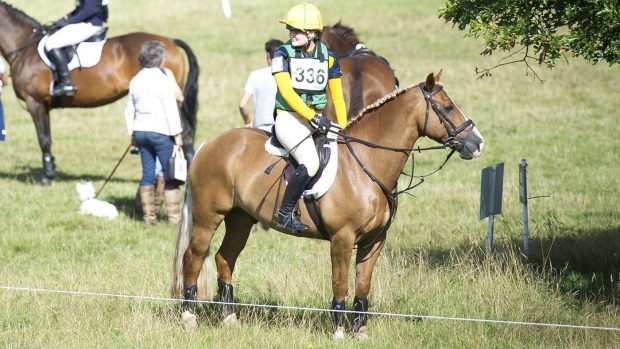The well-being of our equine athletes might be our number one priority, but the power of a rider’s sleep for boosting performance in the saddle should not be underestimated. Here’s how to get some more time in the land of nod...
Early mornings and late nights — riders’ busy lives leave little time for sleep. But could more time in the land of nod give you the edge in the saddle?
Other top athletes take sleep seriously. Roger Federer is said to have around 11 to 12 hours a night, while Usain Bolt and Maria Sharapova both clock around 10.
Dr Amy Bender, of the Centre For Sleep in Calgary, specialises in working with elite athletes.
“Sleep is a basic need — we all have to sleep or we die,” she says. “Every cell in our body is affected when you don’t sleep as you should, as is every biological process.”
With elite equestrian sport becoming ever more competitive, the margins between winning and losing are increasingly close. Dr Bender worked with members of Canada’s Winter Olympic squad in the run-up to PyeongChang 2018.
“With sufficient sleep you make better decisions, you are in a better mood, you are able to train harder and you are just better recovered in general,” she explains. “Getting a medal could be the difference of 0.001 second and so those athletes are looking for any advantage that they can get.”
12 ways to get the best sleep you can
1. Naps can help, even at the competition: keep them short (15 to 90 minutes), and mid-afternoon is best.
2. Be organised: clean kit before putting it back on the lorry, have a plan for the week ahead, go to bed earlier if you have early starts.
3. Routine is key: try to go to bed and wake up at the same time every day.
4. Good cardiovascular fitness can help with sleep and recovery.
5. Alcohol is a sedative and harms sleep quality; it also hinders recovery.
6. Stop drinking any caffeine around lunchtime.
7. Off-load your racing mind by writing down what went well, what you want to work on and your plan of action with your horse after a show.
8. Have a clear sense of why you are getting up in the morning: for example, fitting in a swim before riding, or practising your dressage test before work.
Continued below…

Take a spare plaiting kit and other ways to stay calm ahead of a dressage test

How sports psychology helped an eventer overcome her rotational fall demons
Performance and sport psychologist Camilla Henderson explains how
9. Be mindful that smartphones and technology can prevent sleep.
10. Relax by doing a simple hobby, reading or taking a warm bath.
Read the full feature about the impact of sleep on riders in this week’s issue of Horse & Hound magazine (22 March 2018)




